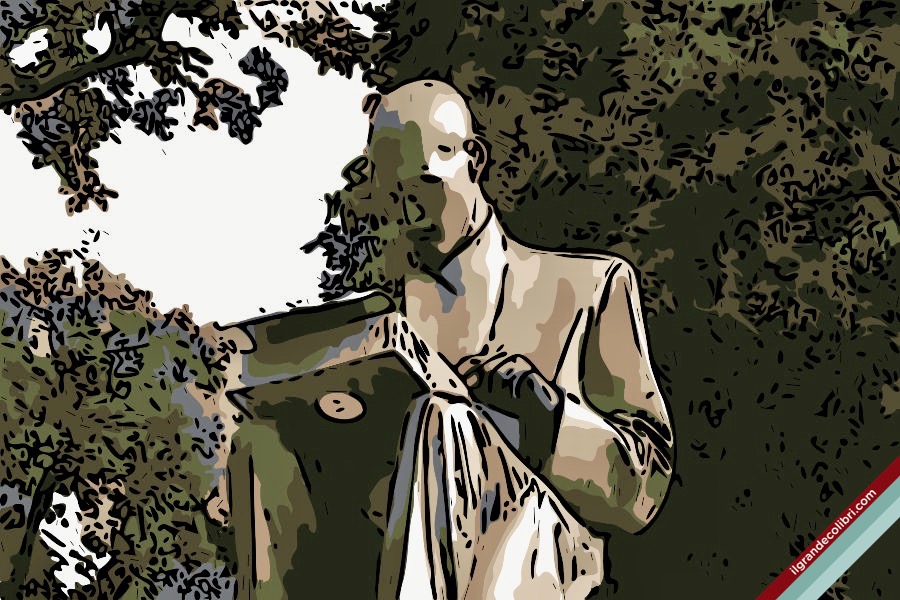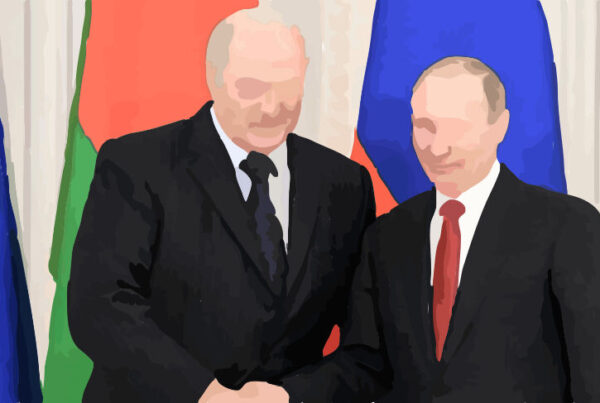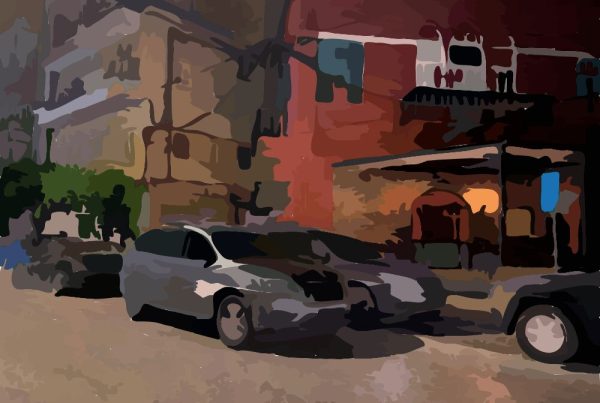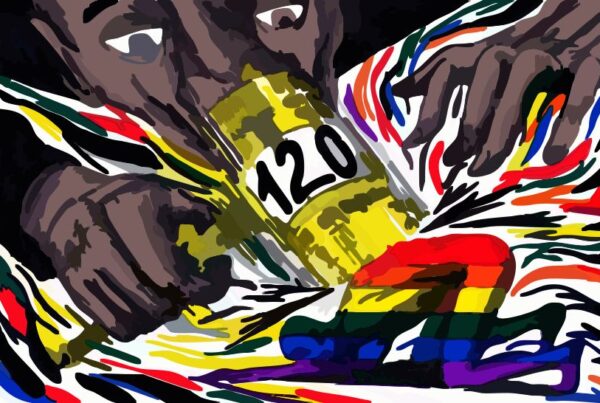In the wake of the demolition of some statues in the US and other countries, I Sentinelli, a Milan-based anti-fascist and anti-racist organisation, suggested removing the 2006 statue that honours conservative journalist Indro Montanelli (1909-2001). In his early life, Montanelli was close to fascism and its racist theories. He took part in the Italian “colonial adventure” in Abyssinia, where, as he freely recalled until his death, he bought a twelve-year-old girl as a sexual object. As recently as 1982 Montanelli referred to her as a “docile little animal.”
In the situation we’re presently living, and considering the political circumstances in Italy in the last few years, we are, I think, overestimating the importance of removing Indro Montanelli’s statue from Milan’s park in the context of fighting racism. There are other issues, larger and more concrete, to be dealt with. If we really want to fight racism, we must do it in other ways.
Too many people still die at sea trying to reach Europe, while we are silent and refuse to listen. There are too many illegal migrants who, because of the current laws, will never have the necessary tools to become legalised and gain Italian citizenship, while we ignore the problem. It’s not only our fault – but the media are also silent on this subject. If they convey that migrant lives are unimportant, we will spontaneously and subconsciously remain convinced of the same.
Read also: Asylum for LGBTs in Italy and Europe: a Video from SOGICA
Citizens and foreigners
We needed a pandemic to finally realise that 600,000 farm workers are exploited, threatened and mistreated in our fields, and only the pandemic led to their legalisation. And even so, some aspects of that decree could be better. Six months of legalisation are not enough – Italian bureaucracy does not work properly, and that time is the minimum needed to get the permit itself. Moreover, if I may, legalising them only to send them to work in crops is rather classist. Who knows how many talented, educated people are among them: instead of acknowledging their talents, we use them only to bring food to our tables. This can foster the development of further prejudice.
On top of this, there are still thousands of second-generation children and teenagers, born and raised in Italy, who are still considered foreigners by the state. When the opportunity to recognise them as full Italian citizens presented itself, various political parties, including those that we believed on our side, forsook them and forced them to keep living under the label of “foreigner”, with all its legal and social consequences. Because of the government that took that decision, a significant fraction of Italians will not see them as fellow countrymen and countrywomen – even if some of them have never been to their countries of origin, and some speak Italian with a marked regional accent, to the point that they can speak local Italian dialects, and some do.
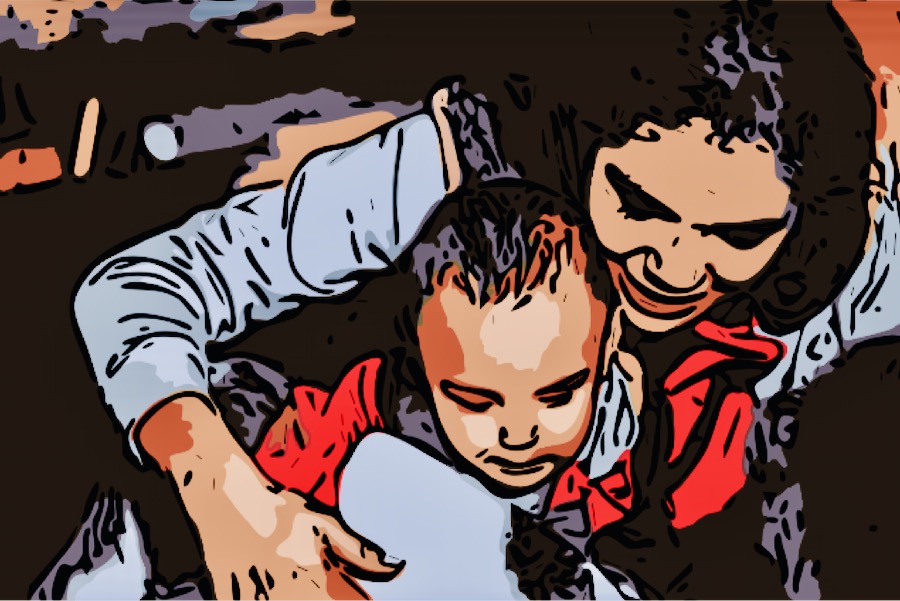 Culture and politics
Culture and politics
Then, there is a prevailing lack of culture, of education against discrimination and towards contextual readings of certain phenomena. It’s the lack of culture that led HBO, for example, to temporarily remove “Gone with the Wind” from its catalogue – because we are incapable of seeing the film in its own historical context, and of knowing that calling a black girl “Mammy” is wrong.
To fight racism in our country, we will have to start from these issues. We need to move in a cultural direction, and, above all, in a political one, at least to combat discrimination at the administrative level. We must prevent certain political figures from fuelling racial hatred and causing battles of the have-nots. Let’s start discussing these matters with the same attention as we discuss praise for Montanelli.
Read also: Italy: Racist Protests at Pride? Let’s Keep R-Existing!
Choosing our priorities
This is to say that, even if Montanelli was a controversial figure and may have been responsible for a number of atrocities, and I may agree that someone like him should not be celebrated, the existence of his statue should be, today, a secondary problem, in the context of the situation I illustrated above. It should not eclipse the other issues, as it is currently doing. Its removal would certainly add a partial contribution to a cultural change and will hamper the celebration of his figure, but would be entirely useless if nothing else changes.
When we’ll live in a country that does not discriminate anyone, that considers Italian anybody who is born and grows in Italian territory independently of the parents’ origin, then we may want to consider the removal of Montanelli’s statue a priority. When we stop taking care of migrants only for the short timespan during which we need them. When Salvini’s “security decrees” and the “list of safe countries” drawn up by Di Maio, Lamorgese and Bonafede are cancelled. When the right stops thinking of foreigners as scum, and the left as temporarily useful workers. Until then, we are prioritising the wrong fight, and we’ll end up ignoring all the rest.
Adam Alaoui
translation by Martino Sorbaro
©2020 Il Grande Colibrì
images: elaboration from Lauraderiu (CC BY-SA 4.0) / from UNICEF Ecuador (CC BY 2.0)

